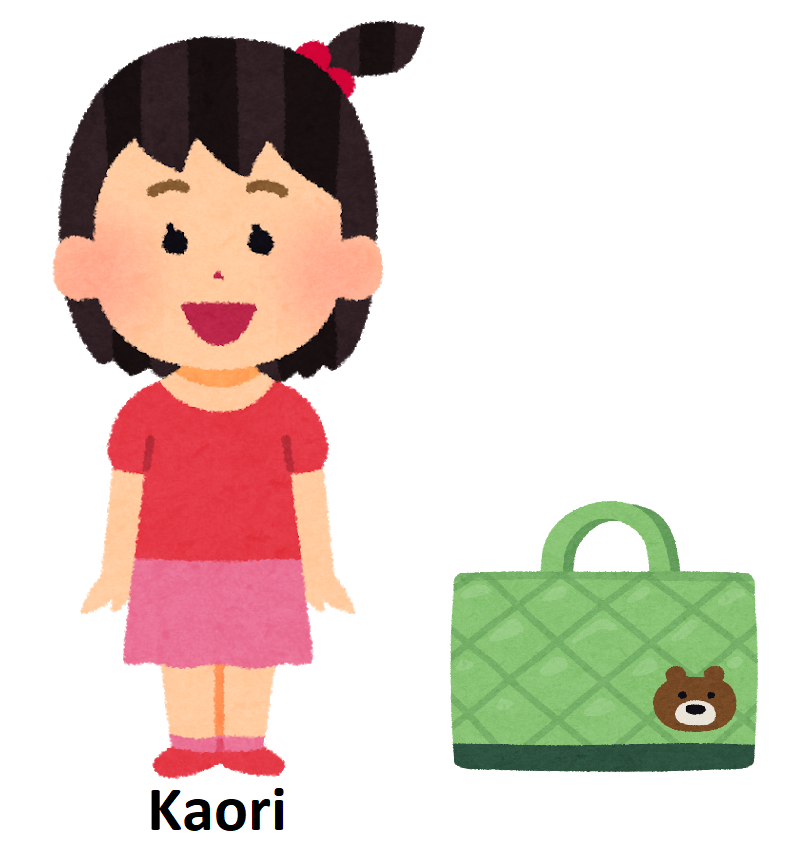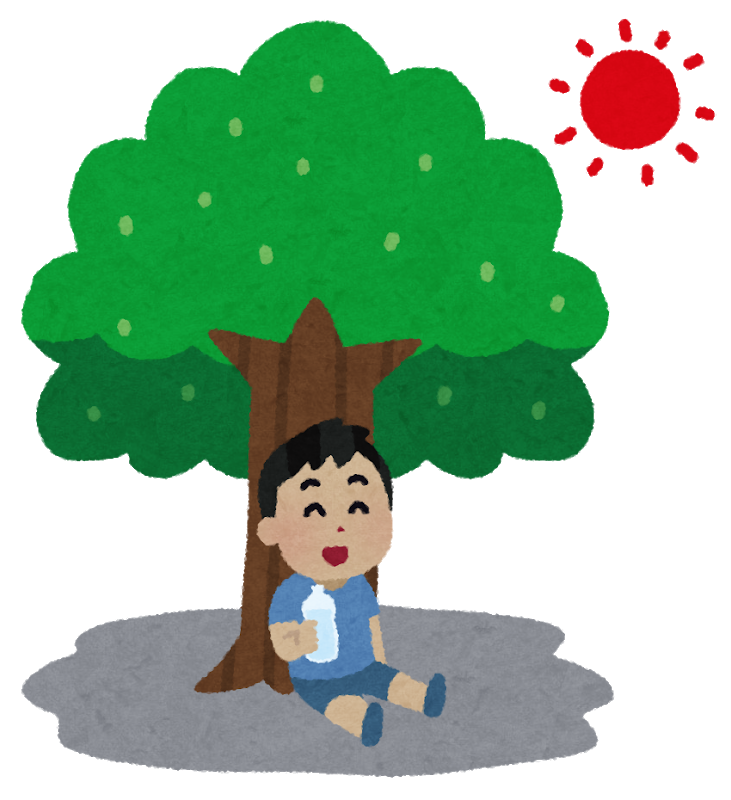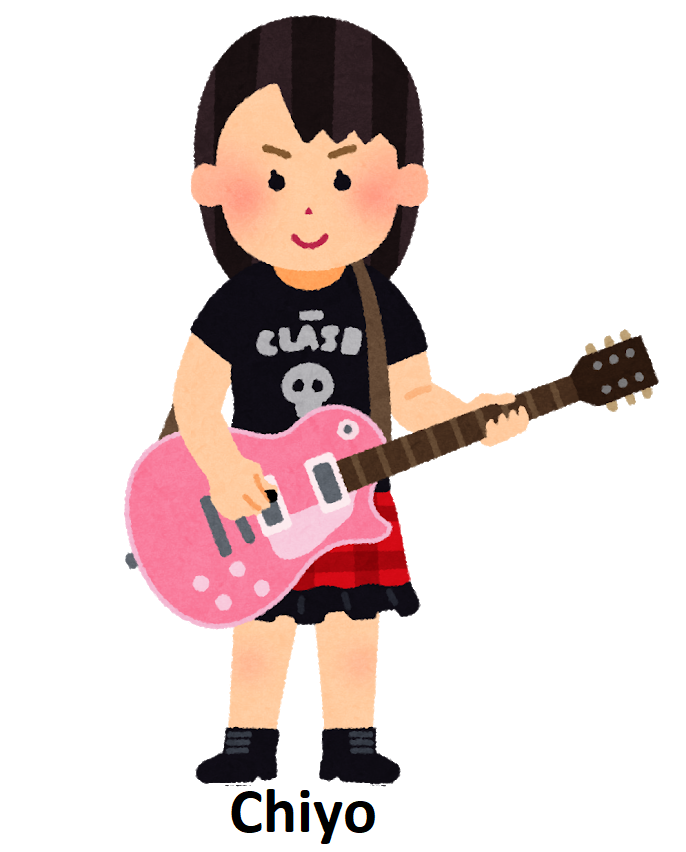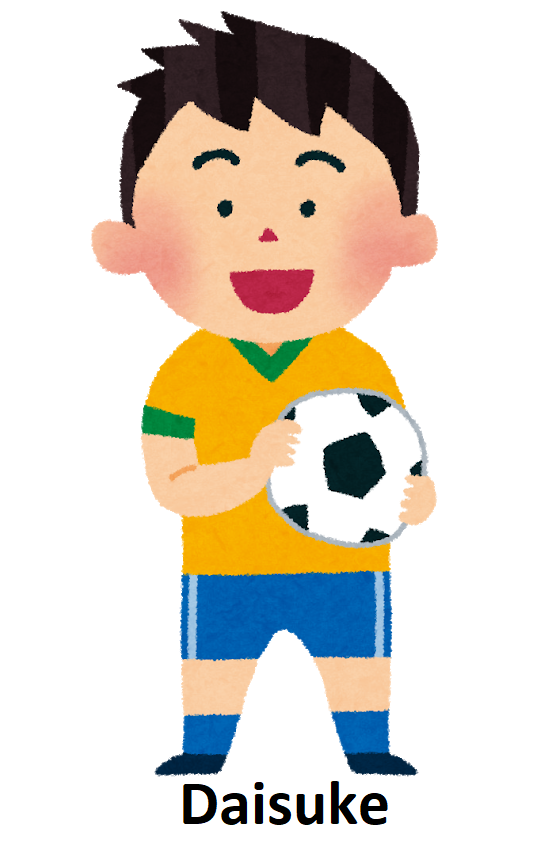Please look at the comics below and narrate the story.
This is a story about a man who was looking for a book.
You have 1 minute to prepare.
(1 minute to prepare)
You have 2 minutes to narrate the story.
Describe each picture in 3 sentences.
Your story should begin with the sentence below:
One day, a man was at a bookstore.
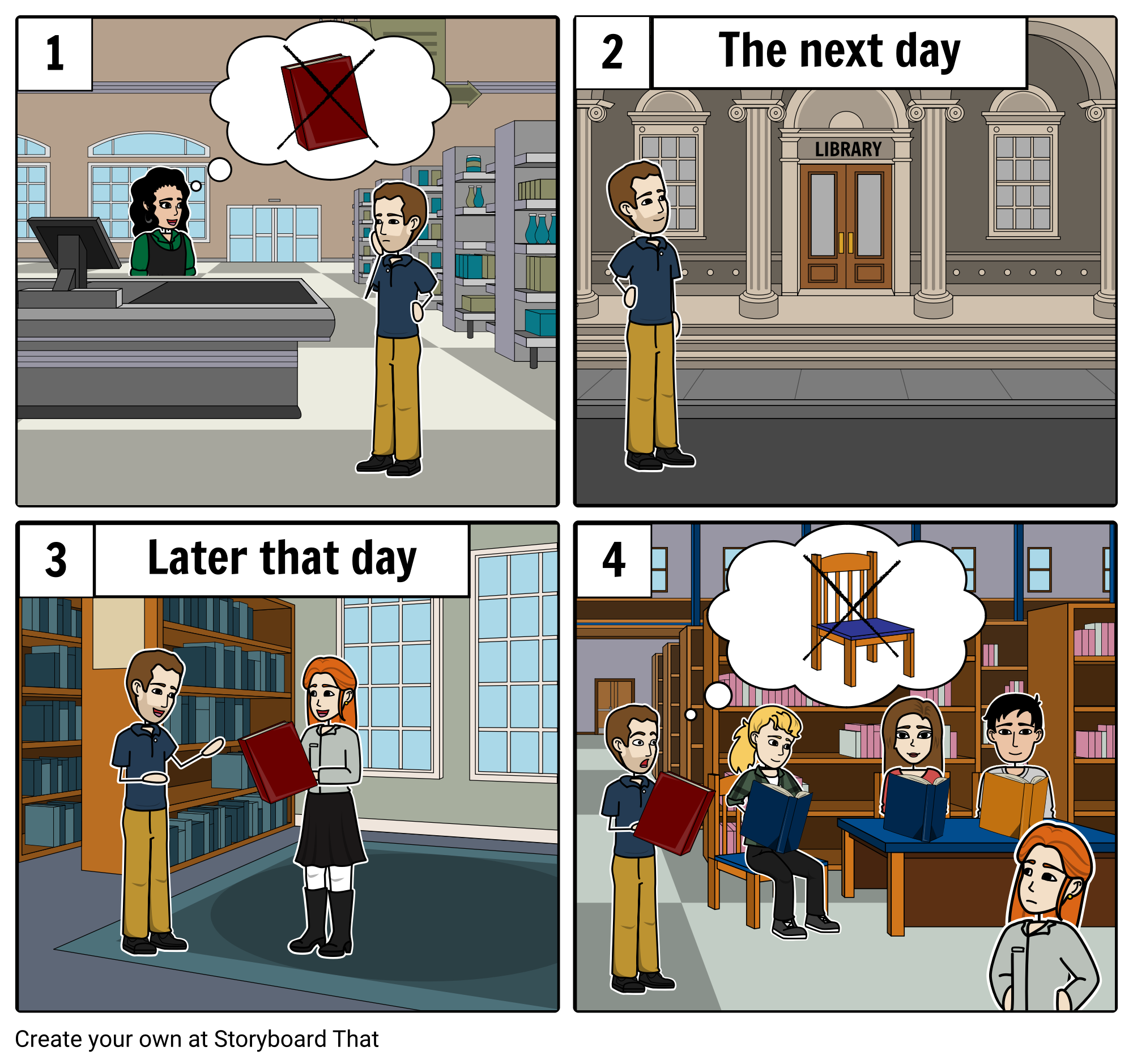
Please look at the fourth picture.
If you were the library staff, what would you be thinking?
Now, I will ask you another question. Please give 2 reasons to support your answer.
Should there be more public libraries in Japan?
Now, I will ask you another question. Please give 2 reasons to support your answer.
Do you think the government should increase the budget of the education sector?
Now, I will ask you another question. Please give 2 reasons to support your answer.
Do you think it is a company’s responsibilty to sponsor charity events?


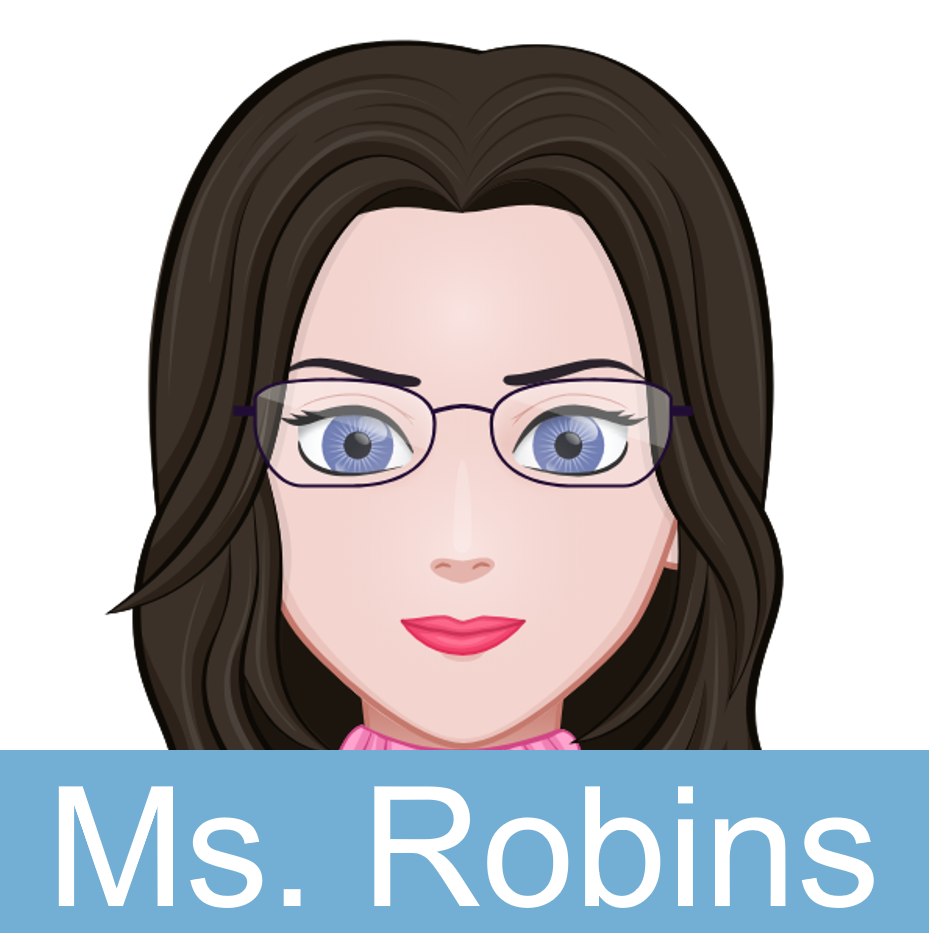

 Hey, Alice. How many cakes are we going to bake?
Hey, Alice. How many cakes are we going to bake?
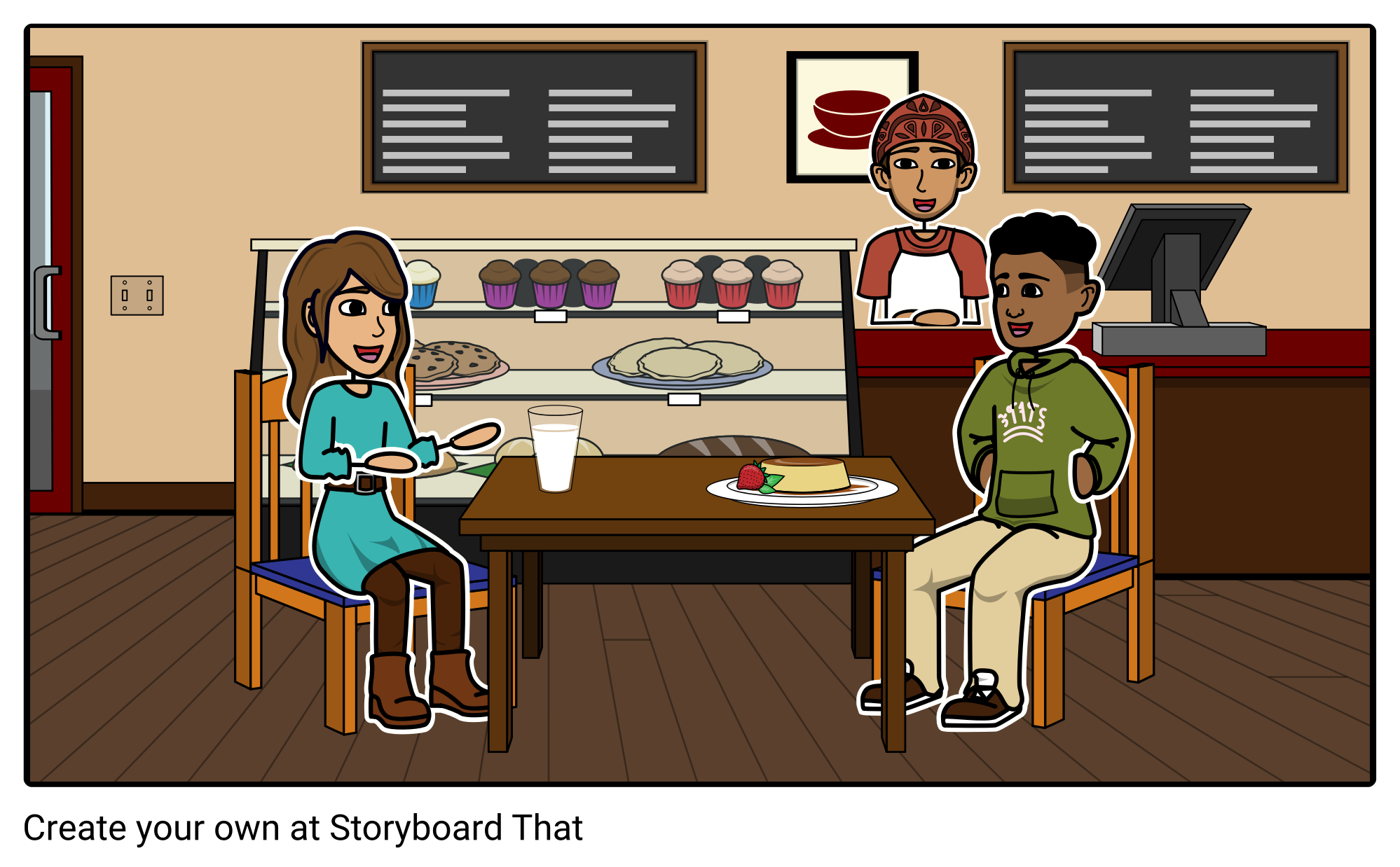
 GOOD
GOOD 



